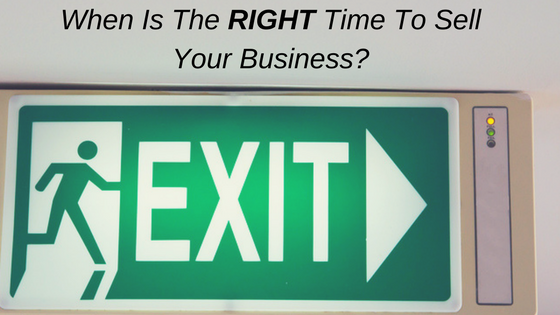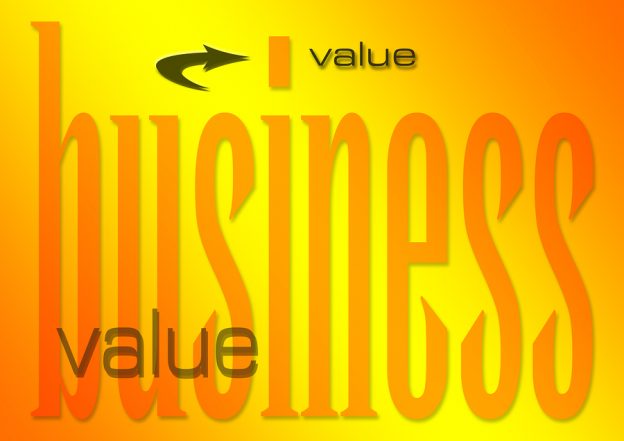When an acquisition or merger is on the horizon, the prospective buyer is compelled to pursue a detailed process of due diligence. The stakes are high: It’s a complex, high-pressure and demanding process. Firms which frequently undertake M&A (merger and acquisition) transactions generally cultivate an in-house team of specialists. Other players are advised to engage seasoned outside professionals to make sure the due diligence process is as thorough and accurate as possible.
What Is Due Diligence?
Simply put, the due diligence team seeks to answer these questions: Do we buy? How do we structure the transaction? What’s a fair price?
The areas of focus generally fall into these areas:
- Operational assets
- Legal matters
- Strategic position
- Financial data
These areas can be further broken down into a variety of categories. Experienced analysts incorporate accepted principles and proven methods to perform their duties. Considerable skill and experience are essential to evaluate businesses in today’s complex global marketplace. Well-executed, comprehensive due diligence is crucial to a successful deal.
Common Failures in Due Diligence
Both buyers and sellers should be wary of some common mistakes in the due diligence process. Consider these potential pitfalls, along with suggestions for avoiding them.
Isolated Communication
As multiple parties focus on their own area of expertise and concern, they may to silo their information and conclusions, interfering with a holistic view of the big picture. It’s important to consciously integrate the findings from diverse perspectives as the process unfolds. Good communication between members of the due diligence team, and also between selling and buying teams, helps avoid misunderstandings and tunnel vision. Teams should work according to a shared calendar, with frequent check-ins of goals and milestones.
Last Minute Surprises
Waiting to the 11th hour to reveal or evaluate a vital issue can be a trust-killer and a deal-breaker. A sudden wrinkle can have a domino effect, jeopardizing or negating elements which were thought to be settled. Any negative findings should be swiftly evaluated internally by the due diligence team. After crafting a course of action, the team should promptly bring the issue to light with the other party.
Neglecting Industry Nuances
Specific deals and specialized industries have their own complexities. While boiler-plate lists of due diligence documents and issues are a helpful starting point, they fail to address some issues. Existing or upcoming regulations, economic cycles, supply chain issues and more may have a big impact on value, despite not immediately meeting the eye.
Pointless Negotiations
Negotiations are time-consuming and can spark negative feelings. Make sure to dismiss unnecessary discussions–they waste time, money and resources. For example, customers and accounts receivable are a normal point of negotiation, but an early-stage start-up might not have any yet, so cross it off the list and move on.
Let an expert like Opportunities in Business help you through this process. With over 30 years of experience we’ve seen it all and can help you avoid any pitfalls along the way.






